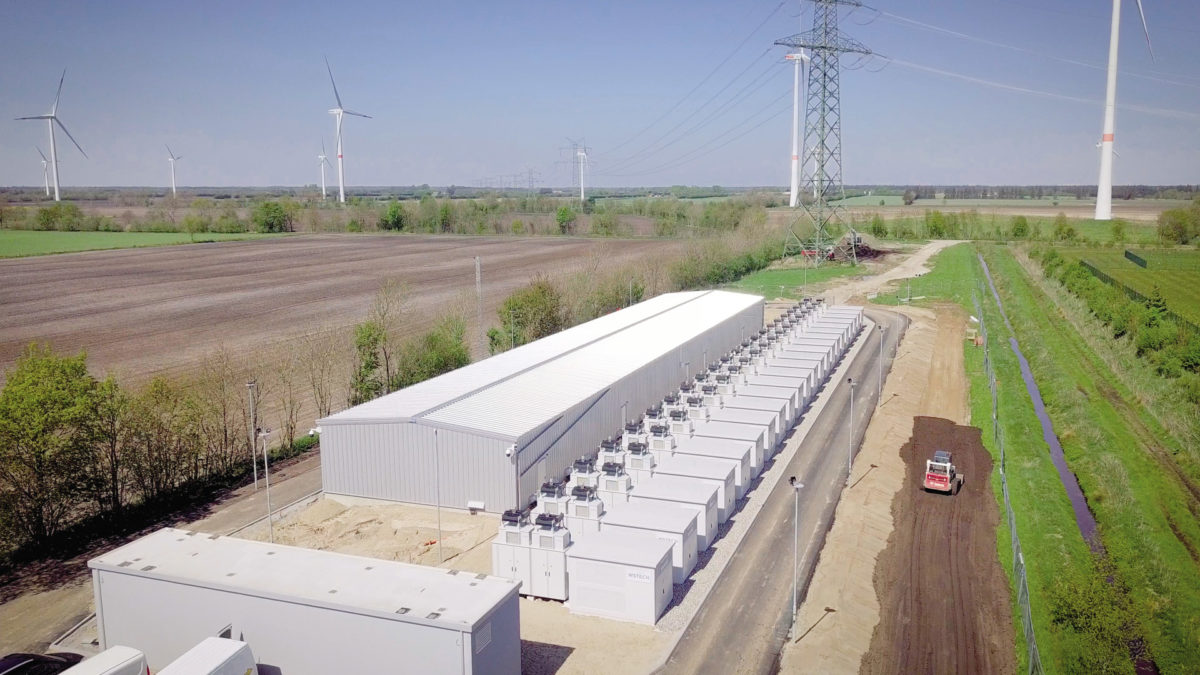From pv magazine India
A new report by the US National Renewable Energy Laboratory states that energy storage could play a significant role in India’s power system. The nation will deploy energy storage capacity in the range of 50 GW to 120 GW (160 GWh to 800 GWh) by 2030. Installations could increase to the range of 180 GW to 800 GW (750 GWh to 4,800 GWh) by 2050, representing between 10% and 25% of total installed power capacity by 2050.
The researchers modeled the growth of grid-scale energy storage deployment in India under different technology costs, policies, and regulatory scenarios, resulting in a range of storage growth trajectories over the next three decades. The reference-case scenario represents middle-of-the-road projections, with standard assumptions through 2050. Additional scenarios were explored by making a change to the reference-case assumptions of value streams for energy storage, the costs of solar and storage, and fossil fuel investments.
In the reference case, power capacity additions were assumed as per the national plan, such as 175 GW by 2022 and 450 GW by 2030, and future projections for electricity demand growth. Further, it was assumed energy storage devices receive revenue for the full value of grid services they provide.
Under reference-case assumptions, energy storage deployment would grow quickly, with an average annual growth rate of 42% between 2020 and 2030. Installations would reach 635 GW by 2050, constituting around 23% of the nation’s installed power capacity (2,700 GW) by 2050. The total energy capacity of energy storage would be 3,220 GWh by 2050, with an average storage duration of five hours across all devices.
To continue reading, please visit our pv magazine India website.
This content is protected by copyright and may not be reused. If you want to cooperate with us and would like to reuse some of our content, please contact: editors@pv-magazine.com.




By submitting this form you agree to pv magazine using your data for the purposes of publishing your comment.
Your personal data will only be disclosed or otherwise transmitted to third parties for the purposes of spam filtering or if this is necessary for technical maintenance of the website. Any other transfer to third parties will not take place unless this is justified on the basis of applicable data protection regulations or if pv magazine is legally obliged to do so.
You may revoke this consent at any time with effect for the future, in which case your personal data will be deleted immediately. Otherwise, your data will be deleted if pv magazine has processed your request or the purpose of data storage is fulfilled.
Further information on data privacy can be found in our Data Protection Policy.